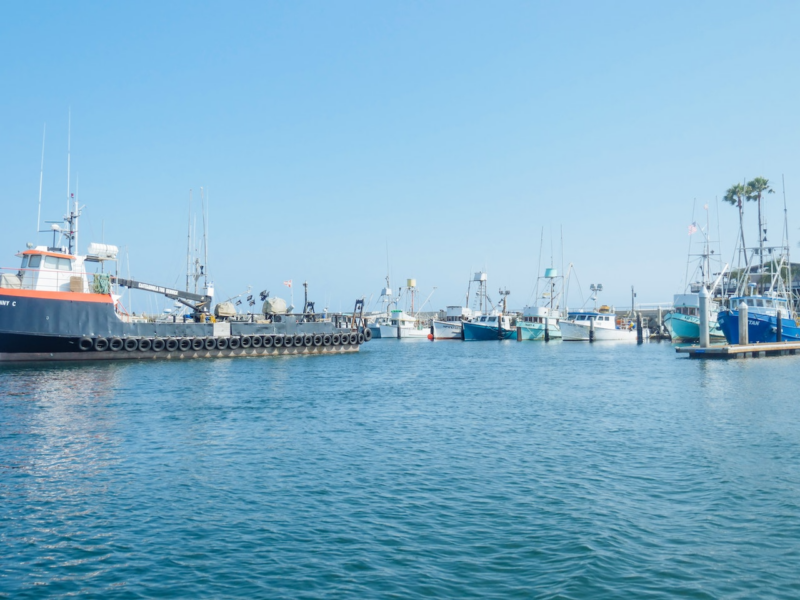

Maritime law is complex, especially since disputes could occur on foreign or international waters. No matter what issues you might face as a passenger or crew member, you should contact a New York maritime lawyer at Lipcon, Margulies & Winkleman, P.A. to help you out.
Maritime lawyers take on various types of cases, but here is what you should know about resolving maritime disputes!
How to File a Maritime Case
When it comes to maritime law disputes in New York, you have three general options:
- File a claim through a personal injury lawsuit against the at-fault party
- File a claim through the Longshore and Harbor Workers Compensation Act (LHWCA)
- Pursue damages under the Jones Act
In some instances, you can file more than one type of claim against a liable party or parties, but it all depends on the circumstances of your case. For example, pursuing damages under the Jones Act is among the best ways to receive compensation if you are a seaman.
If you are a harbor worker, longshoreman, or shipyard worker, then your best bet is to use the Longshore and Harbor Workers Compensation Act in your favor. If the at-fault party is not your employer, or there were different circumstances that resulted in your work-related injury, you can file a personal injury lawsuit against the at-fault party/parties.
It all strictly depends on where and how your maritime accident occurred. Based on the evidence of your case and having good legal representation, you could be entitled to both economic and non-economic damages for your losses.
What’s important is to seek medical aid as soon as possible when the accident occurs and contact the police if you are a sexual assault victim. If you can, document the crime or accident scene as best you can by taking photos or writing down what occurred. If eyewitnesses are present, get their contact information and contact a maritime lawyer to find out exactly what you are entitled to and how you should pursue your personal injury case. If you are a crew member, you should also notify your employer about the accident or crime.
However, remember that you shouldn’t let your employer or the insurance company get their hands on original documents meant to be used as evidence. Send them copies instead, and always speak with a maritime lawyer first.
Statute of Limitations
No matter what type of maritime dispute you might have, you should never post anything about it online because it can backfire on your case. Do not accept settlement offers without talking with a maritime lawyer since you will most likely settle for a lesser sum than you actually deserve.
Lastly, it’s important to file a claim sooner rather than later. The statute of limitations for personal injury lawsuits or pursuing a Jones Act claim is three years from the date of the accident. As a cruise passenger, or a person wishing to file an LHWCA claim, you only have one year to pursue your case.






